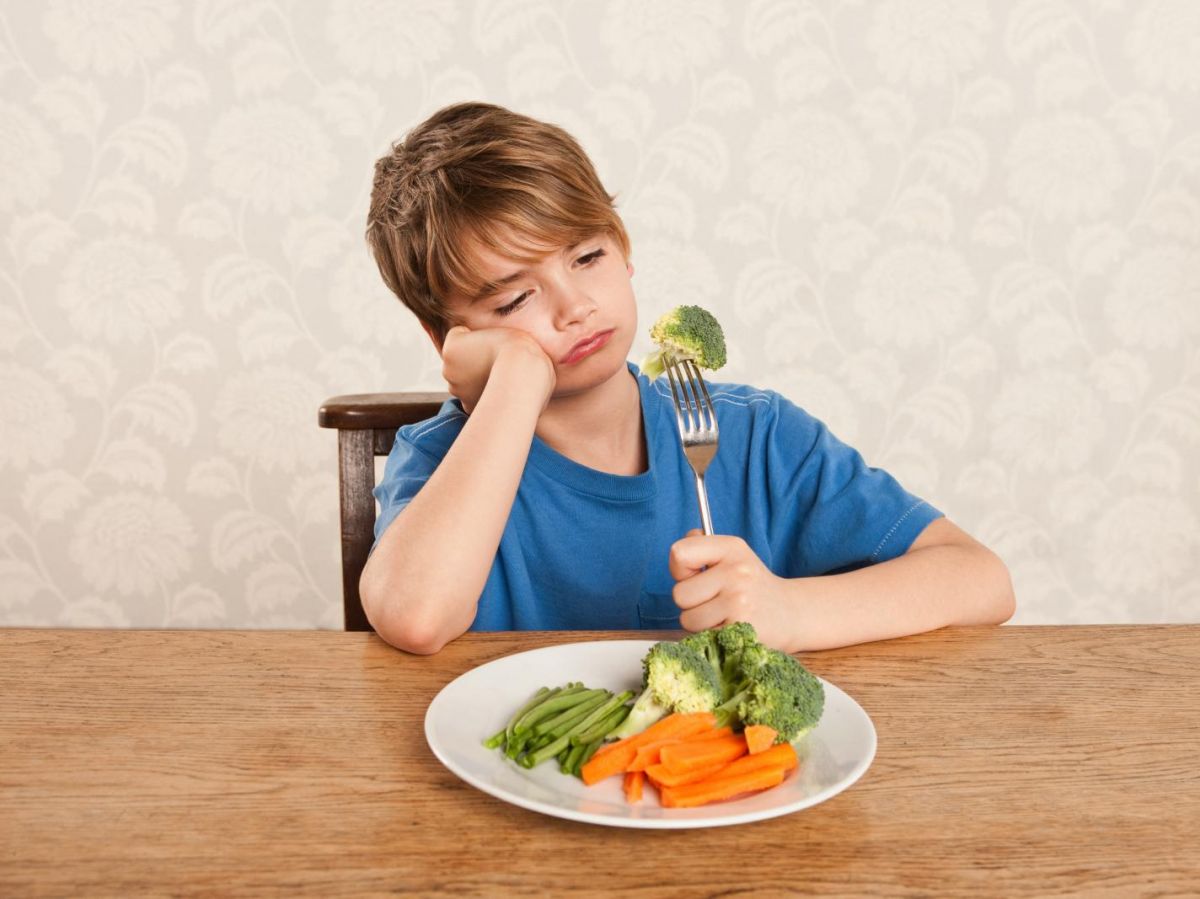How annoying children can be when they don't eat their vegetables! According to Public Health France, Only a quarter of children aged 6 to 10 eat enough fruit and vegetables. But it's not necessarily the parents' fault! Because it's known that many children are picky eaters, and it's precisely at this age group that this behavior reaches its peak.
And according to a study by University College London, this extreme selectivity of children about what they want to eat is mainly due to genetic factors! This study, which compares real twins with fraternal twins, was published on September 19, 2024 in the Journal of Child Psychology and Psychiatry
Difficulty with food is not a phase
The interest in comparing identical and fraternal twins is that the former have the same environment, but also the same genomes, while the latter only share the environment and are not genetically identical.
So the researchers tried to distinguish between the influence of genetics and that of the environment on children's culinary tastes, throughout their childhood. Nearly 4,000 British twins were analyzed for this study, all born in 2007. Their parents had to answer questionnaires on their children's eating habits, at 16 months, 3 years, 5 years, 7 years and 13 years.
First conclusion: in general, children are not very difficult at 16 months, but the painful habit of nitpicking increases with age, with a peak at 7 years, followed by a slow decline.
The most difficult children at 16 months are those who remain the most difficult throughout childhood. And despite a decrease after 7 years, they remain more difficult (from a dietary point of view) than the others at least until they are 13 years old. That is to say that this behavior would be very stable throughout childhood. Our study shows that being picky about food is not necessarily just a phase", concludes in a communicates Zeynep Nas, author of the study.
Genetics is the main cause of picky eaters
Second conclusion: the fraternal twins differed greatly in this behavior, despite sharing the same environment (and therefore the same exposure to food and the same eating rituals). This was not the case for the identical twins. According to the researchers' calculation, genetics would be responsible for this behavior to a height of about 70 %!
“ This behavior is common in children and can be a major source of anxiety for parents, who often think it is their fault. We hope that our findings showing that it is primarily something innate can alleviate this guilt, says Zeynep Nas. Their behavior is not a consequence of their parenting.”
Environment becomes more important during adolescence
Third conclusion: the similarity between identical twins fades after 5 years. At this age, genetics accounts for 84% of behavior toward food, then drops to 77% at 7 years and 74% at 13 years.
That is, the environment gradually takes a greater place in the food preferences of children. But it is not about the environment shared by the twins, but about the one they do not share, for example different friends or different experiences.
This factor weighs 26 % at 13 years old, and would probably take up more and more space as adolescents become more independent.
The best time to reduce difficulty in children is before they are two years old.
The only time when the family environment may have any influence is at 16 months, when it accounts for 25% of this behavior. That is, interventions to change this behavior, such as increasing the variety of fruits and vegetables offered at home or regularly exposing children to foods they don't like too much, may be more effective at this age. Although being picky about food has a very strong genetic component, it is not necessarily a behavior that cannot be changed, reassures Alison Fildes, director of the study. Parents can continue to help their children eat a wide variety of foods throughout their childhood and adolescence. But remember that if they can't get their child to like all vegetables, it's not all their fault.


